View all Standards for Virginia Standards Of Learning (2020)
TT.20 The student will demonstrate use of sound to enhance performance and convey mood and information.
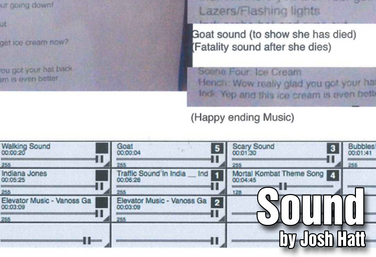
Part of the Technical Theatre Mini Units Curriculum
Sound
by Josh Hatt
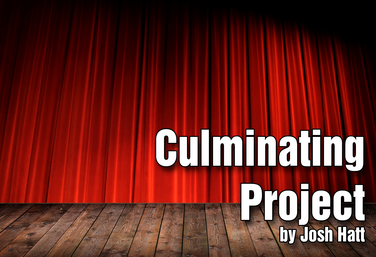
Part of the Technical Theatre Mini Units Curriculum
Culminating Project
by Josh Hatt
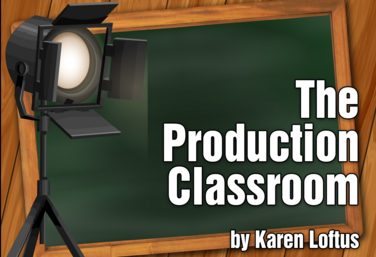
Part of the Production Classroom Units Curriculum
Part One - Pre-Production
by Karen Loftus

Part of the Stagecraft Without a Theatre Curriculum
Culminating Project
by Karen Loftus
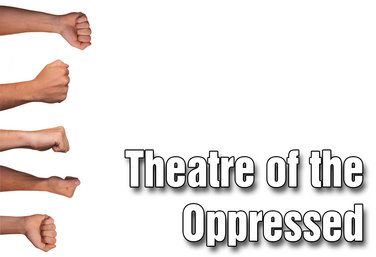
Part of the Middle School Curriculum
Unit Eight: Theatre of the Oppressed
by Lindsay Johnson

Part of the Production Classroom Units Curriculum
Part Three - Reflection and Assessment
by Karen Loftus

Part of the Production Classroom Units Curriculum
Part Two - Documents
by Karen Loftus

Part of the Production Classroom Units Curriculum
Part Two - Rehearsal and Performance
by Karen Loftus
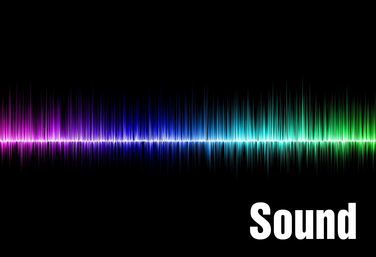
Part of the Stagecraft Without a Theatre Curriculum
Sound
by Karen Loftus and Josh Hatt
View all Standards for Virginia Standards Of Learning (2020) Standards Master List